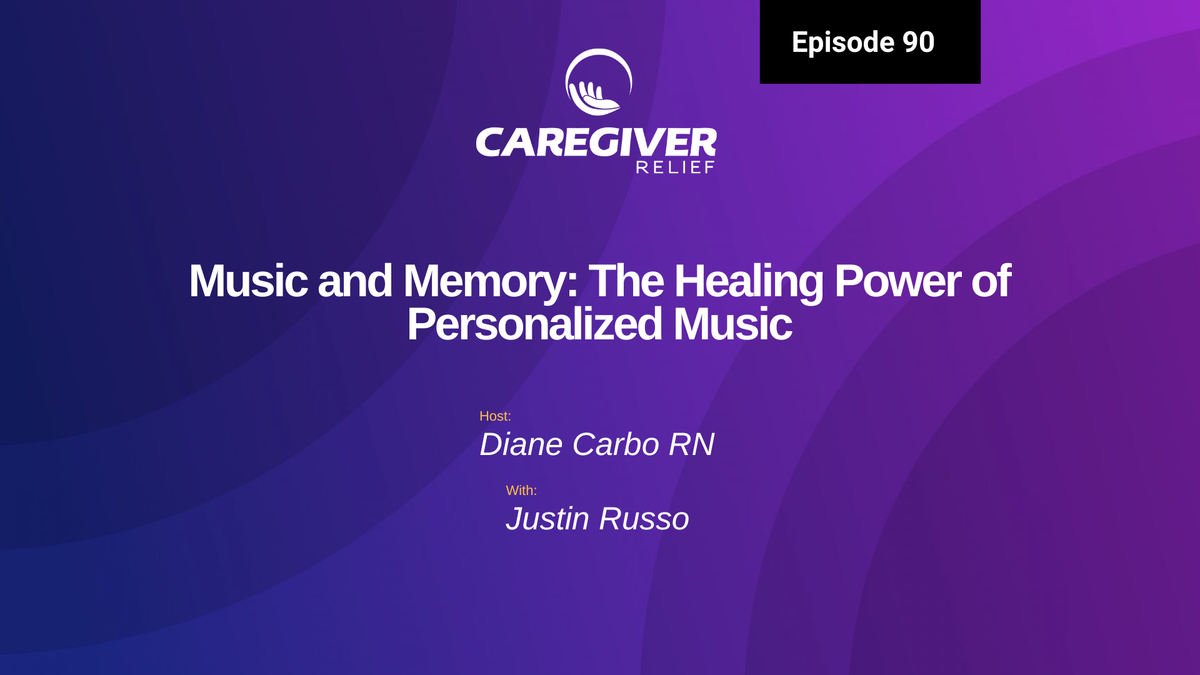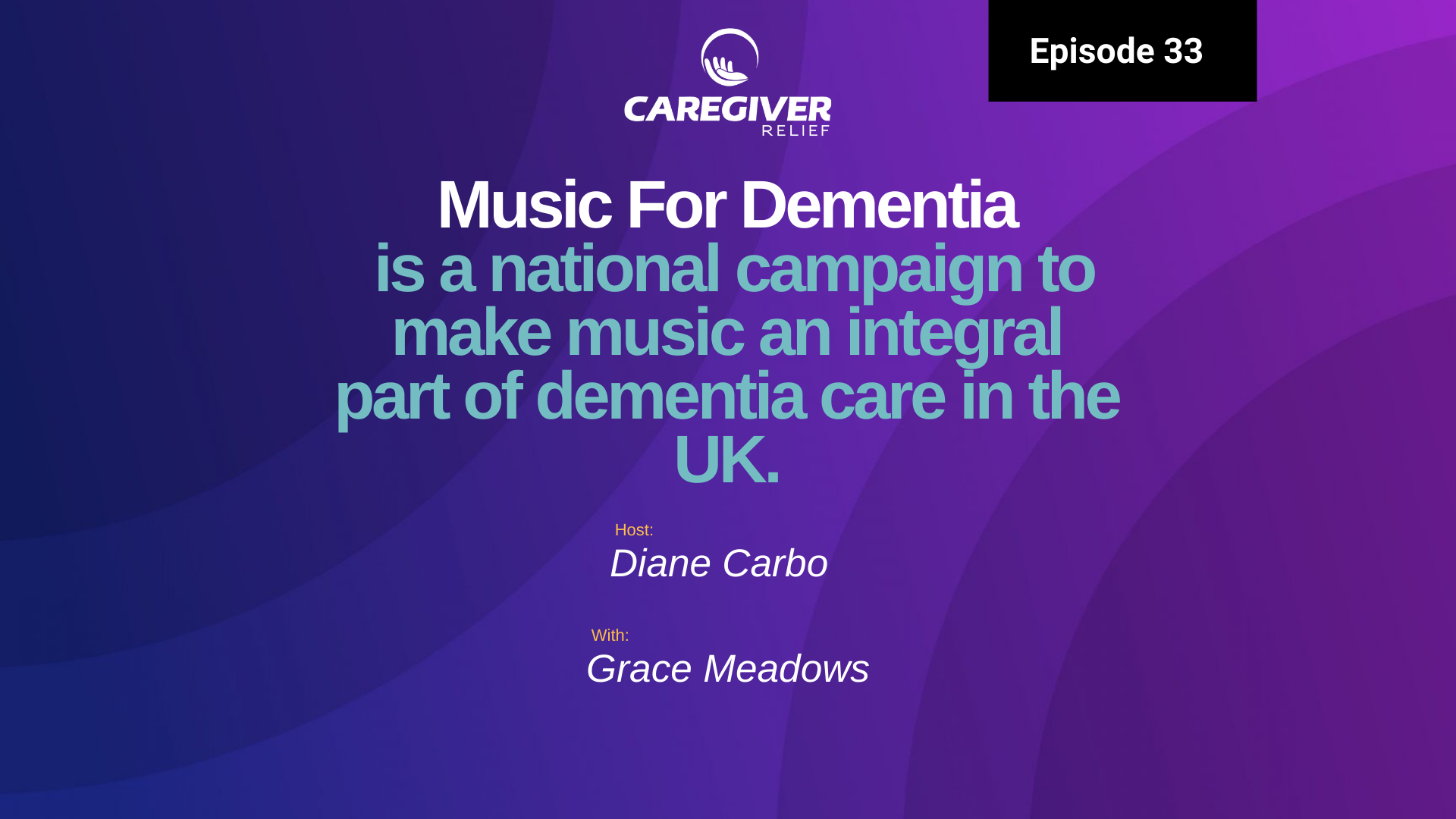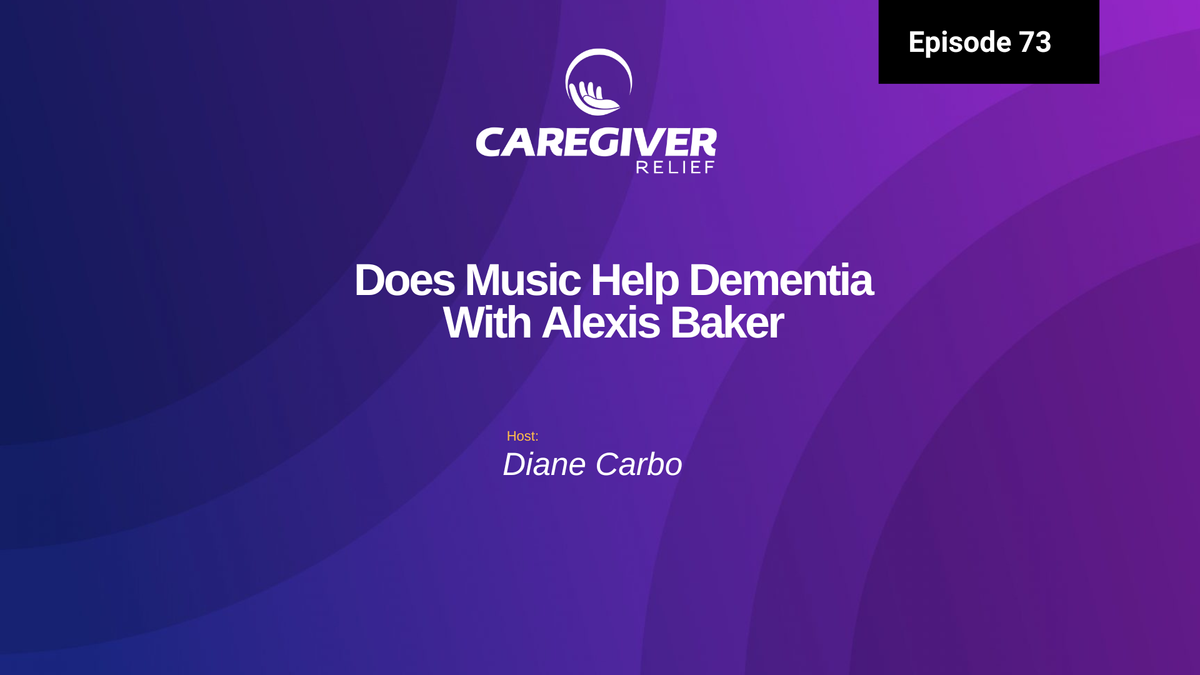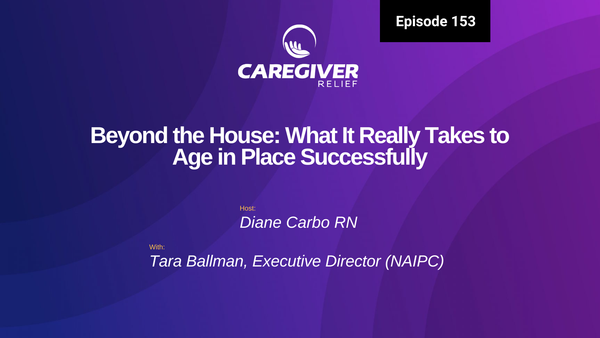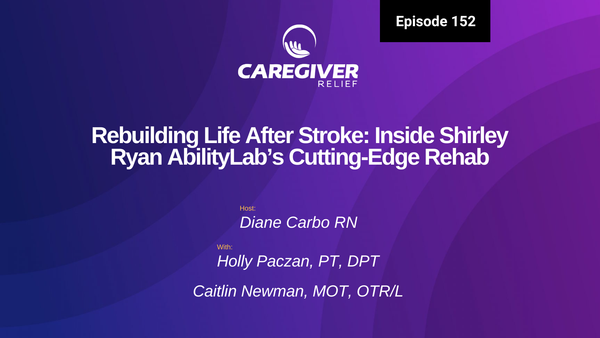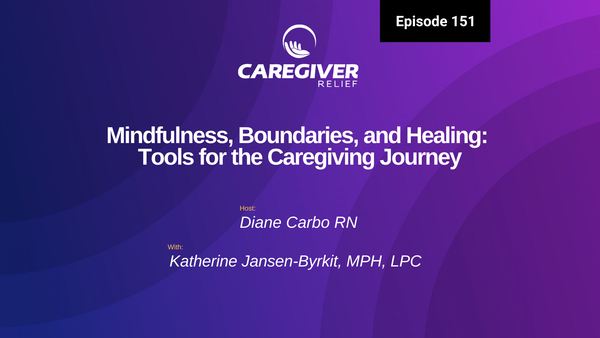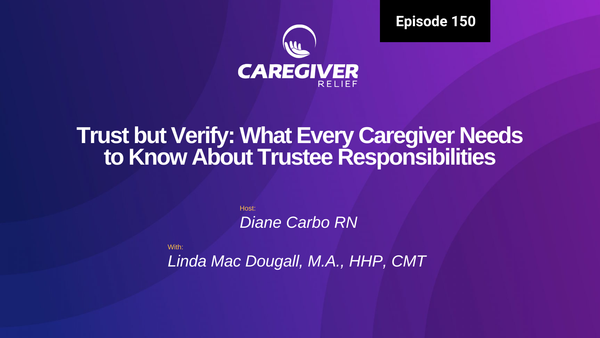The Right to Music: How a Playlist Can Change a Life with Dan Cohen, Founder - Episode 102
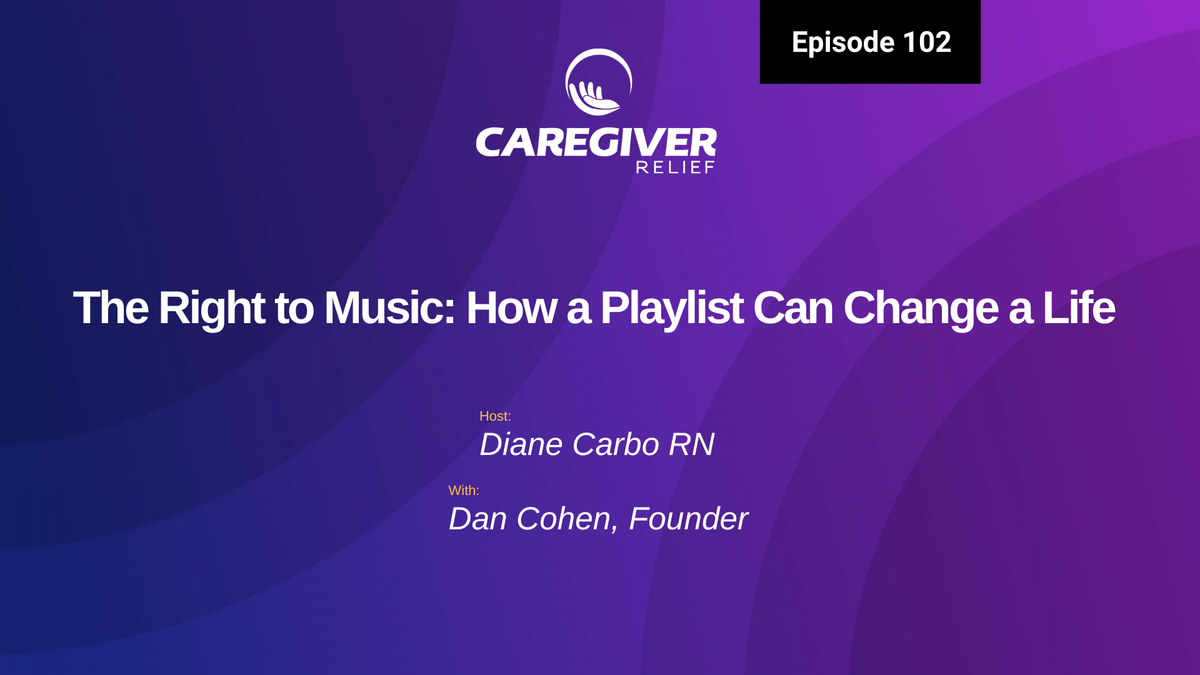
In this deeply moving episode, host Diane Carbo sits down with Dan Cohen, the visionary founder of Right to Music and Memory, to explore a truth that is often overlooked: music is not just background noise—it's a human right that can fundamentally transform lives.
Dan's story, which began with a transistor radio tucked under his pillow, evolved into a global movement to bring personalized music to those who need it most: individuals living with dementia, isolation, or in long-term care facilities. This isn't about generic tunes; it's about reconnecting people with their own personal soundtrack. Dan explains how, in 2006, he realized that while iPods were everywhere, they were completely absent from the lives of nursing home residents. This observation sparked a mission to bridge that "digital divide" and give a voice back to those who society had often forgotten.
Why Music is More Than a Melody 🎵
- A Powerful, Non-Pharmacological Tool 💊: As Dan and Diane discuss, our healthcare system is often quick to prescribe pills for behavioral issues. However, music offers a powerful, side-effect-free alternative. Research highlighted in the episode shows that personalized music can reduce depression by a staggering 48% and improve sleep quality by 30%. It's a tool that can reduce neuropsychiatric symptoms by 22% and has been shown to be more effective and humane than antipsychotics in many cases.
- The Science of Memory and Joy ❤️🩹: Dan shares a compelling finding from a Deloitte report, supported by AARP, which found that for every dollar invested in music engagement, there's a $2.40 return in savings. This is because music has the power to bring joy, reduce violent behavior to zero in some cases, and even help people remember how to swallow, reducing choking incidents. Music stimulates a person's physical memory, allowing even famous musicians with dementia, like Glen Campbell, to perform when a favorite instrument is in their hands.
- Transforming the Caregiving Experience ✨: For family caregivers, the stress can feel overwhelming. Dan reveals that music engagement can reduce caregiver stress by as much as 25%. It provides a valuable tool that can calm a loved one, giving the caregiver a much-needed moment of respite. It can even transform the dynamic between a caregiver and a loved one, shifting it from one of stress to one of shared joy and connection.
- A Sense of Self and Dignity 🤗: The episode shares stories that will move you to your core, like the famous Henry video from the documentary Alive Inside. Henry, a man who was withdrawn and mostly head-down in his nursing home, was instantly reanimated when he heard his favorite Cab Calloway songs. His eyes opened, he started singing, and for the first time in years, he was able to tell stories from his past. This viral video, with over 50 million views, offers a message of profound hope: people with dementia are still "alive inside".

A Call to Action 📣
Dan emphasizes that while institutional change is slow, individuals have the power to make a difference. He encourages listeners to become "deputized" advocates. You can:
- Advocate for Personalized Music: If you have a loved one in a facility, demand a personalized music program. Remind them that a nursing home is a residence, a home, and their needs should be accommodated.
- Educate Others: Share stories, research, and the documentary Alive Inside to help others understand the transformative power of music. The film is a powerful tool to break down the perception that dementia means no hope.
- Start Your Own Program: Find out what your loved one loves, whether through conversation, family stories, or by guessing songs from their youth, particularly from ages 10 to 15, a key period for musical memory. Programs like the Dementia Alliance of North Carolina offer support in creating personalized playlists.
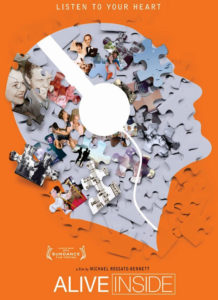
Dan’s work is a testament to the fact that while a cure for dementia may still be a long way off, we can improve the quality of life for those living with it today. As he puts it, music is "a moral imperative" that everyone should have access to.
Don't let this powerful message end here. Share this episode with a friend or family member who could benefit, and let's spread the word that music can change a life.
Caring for a loved one can be overwhelming — but you're not alone. If you have questions, big or small, our expert team is here to help.
👉 Click here to Ask the Expert
Our Resource section can help you find the information and tools that you need. We have courses, videos, checklists, guidebooks, cheat sheets, how-to guides and more.
You can get started by clicking on the link below. We know that taking care of a loved one is hard work, but with our help you can get the support that you need.
Click here to go to Resource Section now!
You might also like this article:
